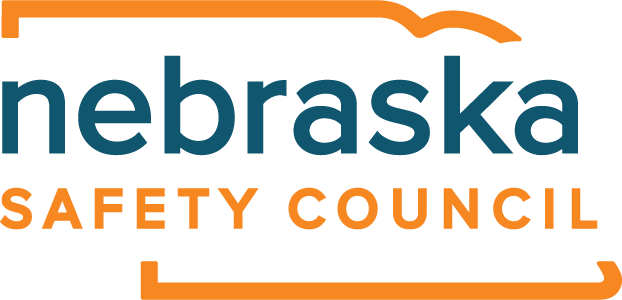
There are several types of heat stress injuries. Some are annoying but not profoundly serious. Others can quickly lead to life-threatening situations. Knowing what to look out for is important as more serious heat stress conditions cause the victim to become disoriented and unaware of their condition. The major heat stress injuries and illnesses are described here:
- Heat rash – caused by a hot, humid environment and plugged sweat glands. It is a bumpy red rash that itches severely. It is not life-threatening but is very annoying. Dry clothes that help sweat evaporate will reduce the chance of heat rash. Washing clothes regularly and keeping the skin clean and dry will help prevent heat rash.
- Heat cramps – painful muscle cramps caused by a loss of body salt through excessive sweating. To help prevent heat cramps, drink plenty of non-alcoholic, caffeine-free fluids while working in a hot environment.
- Heat syncope – sudden fainting caused by a reduced blood flow to the head. The victim’s skin will be cool and moist, and their pulse will be weak. Seek immediate medical attention in the event of syncope.
- Heat exhaustion – results from inadequate salt and water intake and is a sign that the body’s cooling system is not working properly. The victim will sweat heavily, their skin will be cool and moist, their pulse weak, and they will seem tired, confused, clumsy, irritable, or upset, they may breathe heavily – even pant – and their vision may be blurred. The victim may strongly argue that they are okay even with these obvious symptoms.
The main factors associated with heat stress are temperature, humidity, movement of air, radiant temperature of the surroundings, clothing, and physical activity. Steps to beat the heat:
Give your body time to acclimate slowly when exposed to a hotter climate or sudden change in temperature.
Dress for the weather, if cooler in the morning, wear layers to shed as temperature climbs, if elevated temperatures are expected, wear lighter, loose-fitting clothing.
When working, exercising, or playing inside or outside in a high-heat-risk environment, have a friend, watch each other for signs and symptoms of heat stress, take plenty of breaks, and HYDRATE – HYDRATE – HYDRATE
